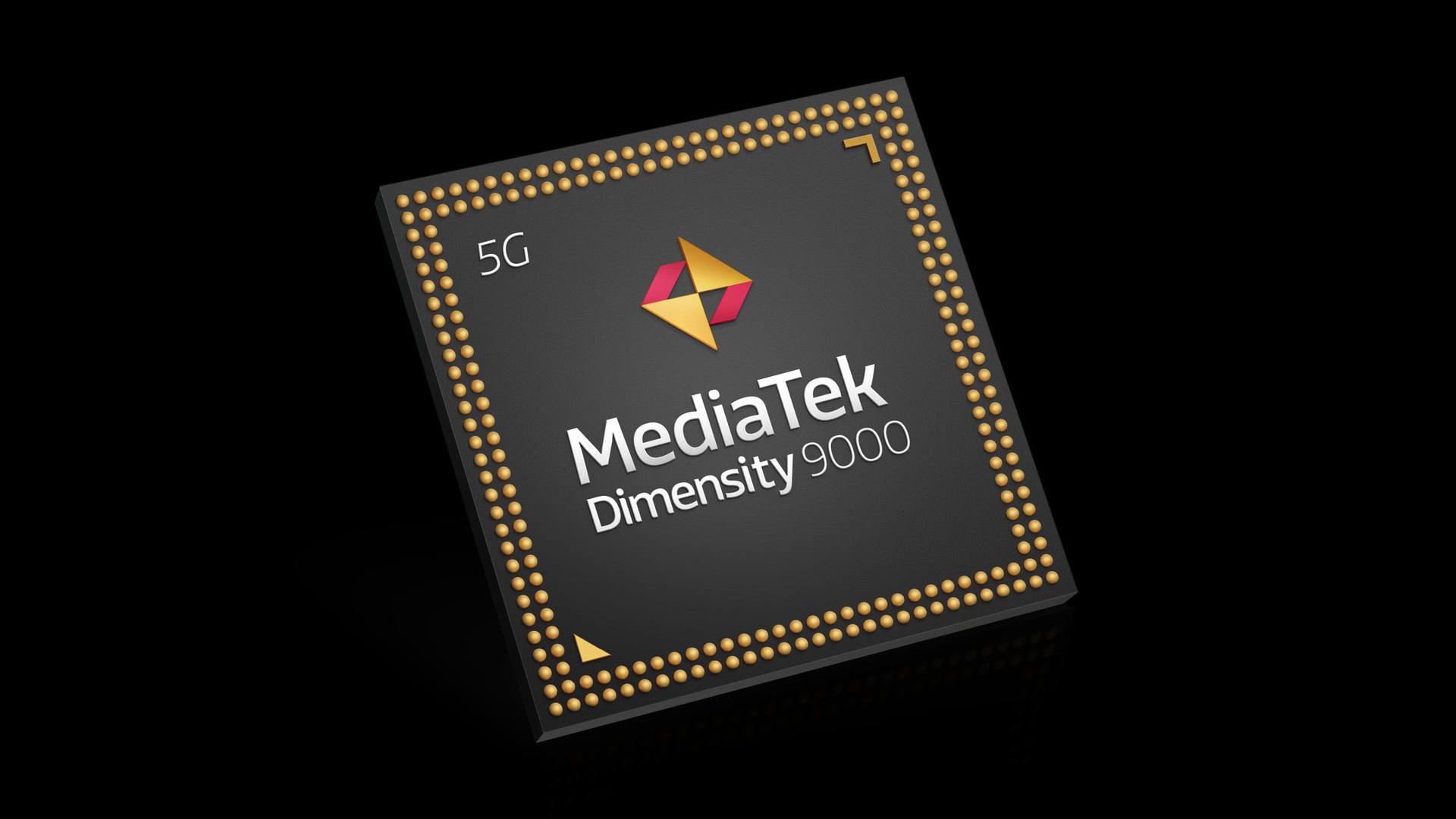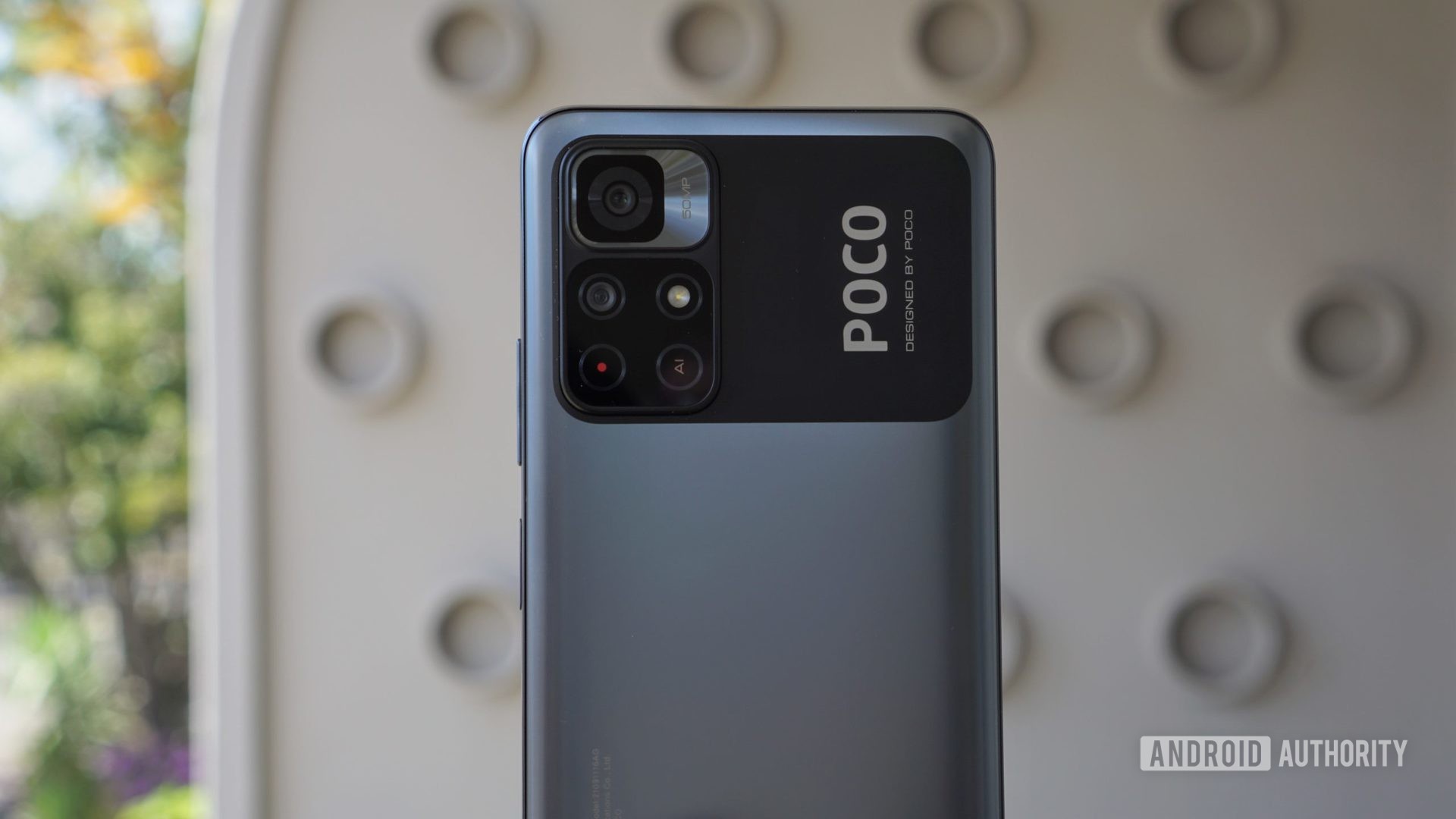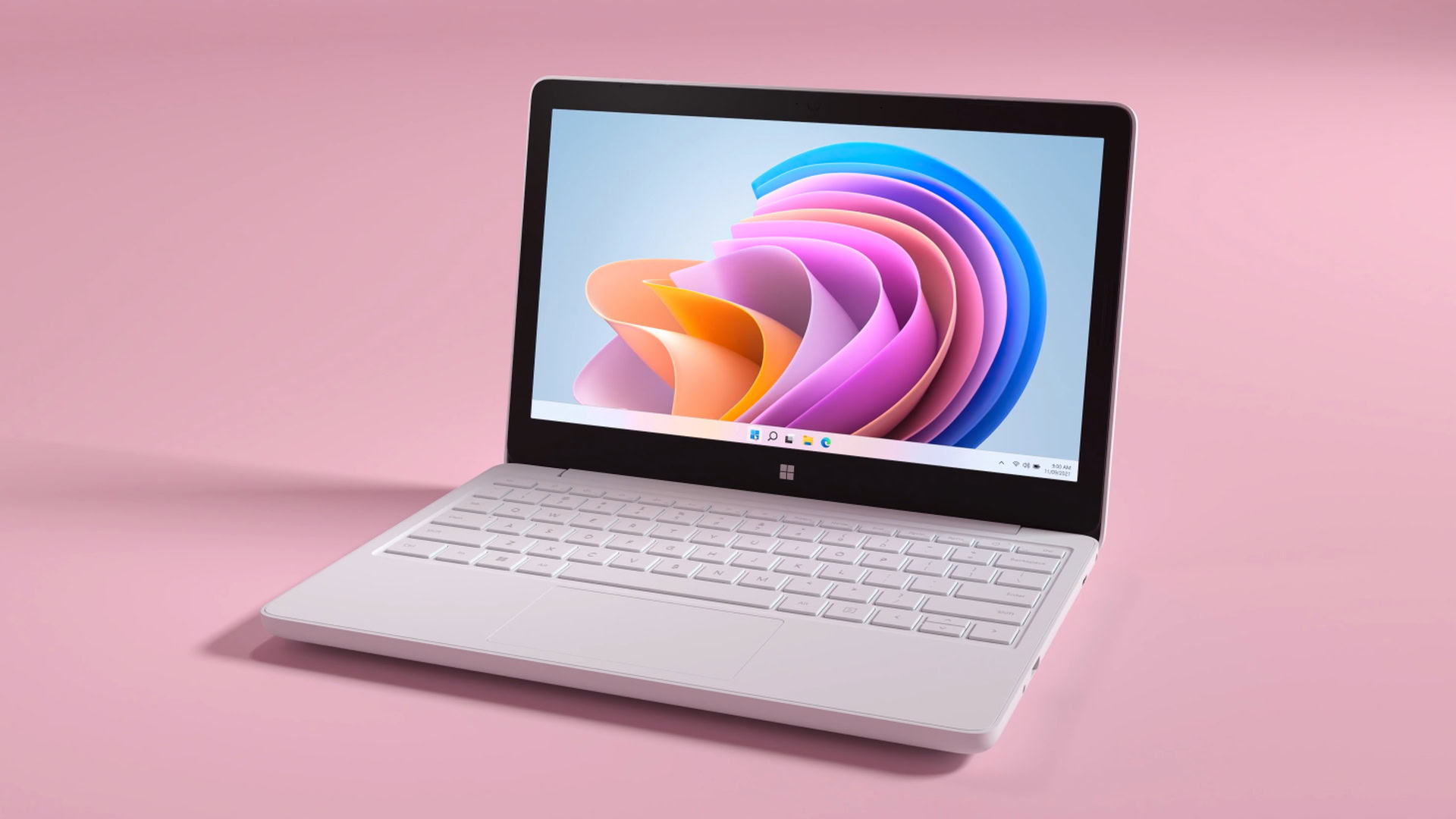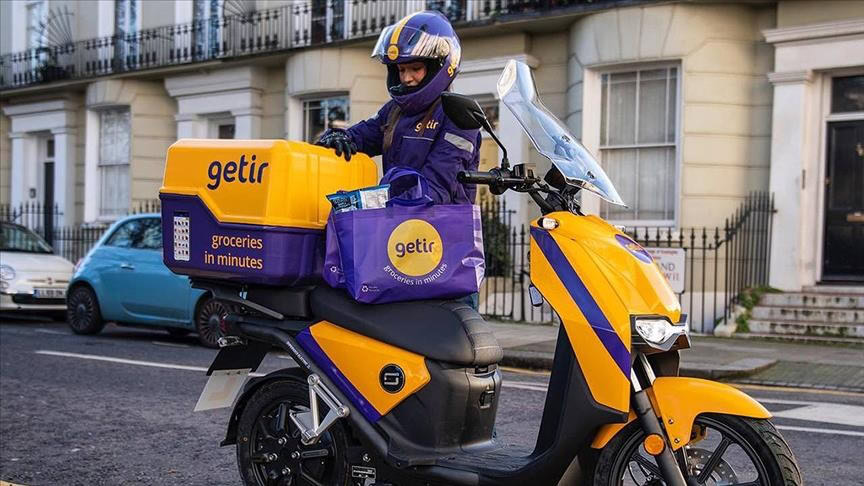Affiliate links on Android Authority may earn us a commission. Learn more.
⚡ Welcome again to The Weekly Authority, the Android Authority newsletter that breaks down the top Android and tech news from the week. The 169th edition has MediaTek's new chip, the Xbox 20th anniversary celebration news, new Motorola launches, and more.
🎮 This week I've mostly been ooh-ing and aah-ing at just how gorgeous Kena: Bridge of Spirits is on PS5. It's difficult, too, or maybe my reactions aren't fast enough!

MediaTek:
MediaTek revealed the Dimensity 9000 chip, taking aim at the Snapdragon 800 series, the first announced chip to be produced on TSMC’s 4nm process — It runs 5G without mmWave, with Wi-Fi 6E, and Bluetooth 5.3. Also, it’s the first Armv9 SoC with Cortex-X2, A710, and A510 CPUs, there’s a new Mali-G710 GPU, and it has LPDDR5X compatibility.
Samsung:
- Newer Galaxy watches are getting new health and personalization features in a software update: For the Galaxy Watch, Galaxy Watch Active, Galaxy Watch Active 2, and Galaxy Watch 3.
- Here’s what chips could power Galaxy S22 FE, foldables, and more in 2022.
- Leaks suggest Samsung could kill the audio jack on the Galaxy A33.
- And Samsung posted a calendar for its official One UI 4 rollout: the longest you’ll need to wait is August 2022.
- Meanwhile, rumors suggest the Galaxy Tab S8 may be delayed for the Galaxy S22 to launch on time, following a covid outbreak at a Samsung facility.
Google:
- Tuesday’s Google Cloud outage knocked out Spotify, Snapchat, Discord, Nest, Fitbit, and a bunch of other services, and things only started to come back online on Wednesday.
- Rumors suggest the Google Pixel Fold is canceled, likely due to “An inability to compete as well as a materials shortage.”
- Google launched a “Fortnite Task Force” after Epic skipped the Play Store: Details emerged in a legal filing made by Epic this week, citing internal Google documents.
- And Android 12 finally hit Samsung phones, coming to the Galaxy S21, S21 Plus, and S21 Ultra right now, and “soon” available for previous Galaxy S, Note, and Galaxy A devices, plus other foldables and tablets.
- Also this week, Google “improved” the Pixel 6’s fingerprint sensor with a new mid-month update.
- And Google confirmed our findings: Pixel 6 Pro charging is capped at 23W.
OnePlus:
- The OnePlus Nord 2 Pac-Man edition is surprisingly good.
- More renders and a video leaked showing the OnePlus 10 Pro with a curved screen, a punch-hole camera in the top left, and that triple-lens camera bump, plus a rumored Jan-Feb release date — but take that with a pinch of salt. Oh, and turns out it could launch in China first.
- Leaked renders of the OnePlus Nord 20 are here and it looks a lot like an iPhone with those flat, shiny rails.
Motorola:
- The Motorola Moto G Power (2022) was announced with the same battery as 2021, no NFC, starting from $199 but no exact date yet for rollout other than “in the coming months.”
- The Motorola Moto G 200 launched with a Snapdragon 888 Plus chip, starting at €450 (~$510).
- Motorola launched four budget-focused Moto G phones: The G31, G41, G51, and G71, all but one packing a 60Hz OLED panel.
- And Motorola’s new $100 smartwatch foregoes Wear OS, available for pre-order now: The Moto Watch 100 has a December ship date.
Apple:
- Apple announced self-service repair: Customers can soon carry out their own repairs with genuine Apple parts and tools, first for iPhone 12 and 13, followed by Macs with M1 chips, starting early next year in the US before rolling out to other countries — but there are hidden costs, and Apple’s only doing this because of a key shareholder fight.
- Apple is developing a new ‘SportsKit’ framework as it invests in sports content for Apple TV.
- And it looks like Apple’s aiming for a “fully autonomous electric car” by 2025, rather than an EV with driver-assist.
Amazon:
- This week Amazon released four new smart switches, but exclusively via Alexa.
- And Amazon announced it would stop accepting Visa credit cards in the UK, blaming high fees.
Elsewhere:
- The FBI’s email system was hacked to send out fake cybersecurity warnings.
- And the ConstitutionDAOs efforts to buy the Constitution sadly fell apart after the crowdfunding campaign was outbid at Sotheby’s.
- New Teslas were delivered with surprise missing USB ports due to parts shortages: Several owners of new Tesla Model 3 and Model Y vehicles reported the missing ports.
- Leaks suggest a phone with 150W charging could be on its way.
- Meanwhile, the Xiaomi 12X leaked: A few features in common with the Poco F3, and possibly smaller than typical Xiaomi flagships, expected next month.
- And the new Nvidia graphics cards leaks suggest the RTX 4090 could be three times faster than the RTX 3090, arriving sometime in 2022. Seems like Nvidia’s on a roll too, with shares jumping 8.3% on Thursday following a 50% bump in Q3 sales.
- IBM’s new quantum chip can handle 127 qubits and could enable “quantum advantage”— besting a standard computer —within the next two years, for certain tasks.
- Bitcoin got its biggest upgrade in four years: the Taproot upgrade enhances transaction privacy and efficiency as well as unlocking potential for smart contracts.
- Huawei may have a plan in motion to sidestep the US ban.
- And Japanese brand Denon launched its first true wireless earbuds.
Movies/TV:
- Ghostbusters: Afterlife landed in theaters worldwide on Friday and eyed a $45m opening weekend, plus (SPOILER ALERT) here’s what you need to know about those post-credit scenes.
- The Sesame Street cast debuts first Asian American muppet: Korean American Ji-Young will appear in the Thanksgiving Day special on HBO Max and PBS.
- Actor Paul Rudd (52) was crowned People’s sexiest man alive.
- Cowboy Bebop’s live-action series hit Netflix on Friday: The Verge has a good rundown of everything you need to know and we’ve got 5 reasons why you should watch it.
- Meanwhile, ever wondered why your favorite streaming TV shows are canceled after one season? We feel you.
- Finally, The Wheel of Time hits Amazon Prime this weekend: TechRadar has five things you should know before watching.
- Something extra: Hulu started selling Christmas gear themed around its shows — Fancy a Golden Girls “Stay Golden” tree bauble, or an American Horror Story Christmas sweater, anyone?
Gaming:
- GTA The Trilogy — The Definitive Edition became available to purchase and play again on Monday after the launch disaster that saw the game removed from sale on PC due to Rockstar “needing to remove files unintentionally included in these versions.”
- Battlefield 2042’s opening weekend was also a bit of a disaster, with the early launch plagued by hard crashes, server issues, and persistent problems.
- Xbox celebrated its 20-year anniversary! Xbox chief Phil Spencer reflected on 20 years of Xbox, while over 70 Xbox 360 and original Xbox games were added to its backward compatibility catalog in celebration.
- And surprise: Halo Infinite’s multiplayer campaign “Heroes of Reach” is out now in beta, with the game’s release still scheduled for December 8.
- This week Stadia celebrated its second birthday, with Google offering the Premiere Edition for a steep discount.
- And PAX East confirmed it’s returning in-person to Boston from April 21-24, 2022.
- Also this week, award-winning A Short Hike was released for PS4 on Tuesday.
- Meanwhile, Kotaku previewed Dying Light 2 — the open-world zombie sequel’s out in February and is “a big ol’ action game filled with zombies and loot.”
- Finally, GeForce Now is about to start streaming PC games directly to LG TVs. The app’s rolling out in beta this week and will make it easier to use the service on a big screen.

- Poco M4 Pro review: An affordable 5G phone with a few extra perks — “One of the best budget 5G offerings on the market, bringing long endurance, a unique design, and solid daytime camera performance.”
- Motorola Moto G Pure review: Affordable déjà vu — Performs well, and it’s good value, but it’s a bit too close to the Moto G Play.
- Apple Watch Series 7 review: Minute upgrades — Most of the upgrades are in watchOS 8 rather than the Watch 7 itself.
- Samsung Galaxy A32 5G review: A is for awesome — One of Samsung’s best value budget phones, with a sleek design and solid speeds.
- LG Wing review: An incredible first try, but a first try nonetheless — “It needs some work to appeal beyond the early adopter crowd, but it’s impossible to deny that LG is on to something here.”
Features
- What is Google’s Tensor SoC? Everything you need to know — What’s it all about, how does it stack up against the competition, and how does it perform? (Android Authority).
- The end of 3.5mm jacks on smartphones is nigh: “It’s impossible to ignore the advantages of going wireless now that lag, battery, and connection reliability issues have mostly been sorted.” (Android Authority).
- The 10,000 Faces That Launched an NFT Revolution: The rise of the Cyrptopunks, and the two Canadian coders behind it (Wired).
- A Death Full of Life: The surprising essential role cemeteries can play for the living (Beside).
- Beyond Bebop: A guide to the works of Shinichiro Watanabe — Here’s what to check out after Cowboy Bebop (The Verge).
Move over Uber and DoorDash: there are new delivery kids on the block. The latest ultrafast delivery services promise groceries on your doorstep in 15 minutes or less, and they’re expanding fast. Companies like Jokr, Gorillas, Buyk, GoPuff, and Getir are beating the delivery services at their own game, with Uber rising to the challenge and promising superfast delivery services, starting in France.
But which companies are leading the pack, how are they fulfilling their promises, and what does this mean for the future of neighborhood stores and bodegas?
Store to door in under 15 minutes
Here are just a few of the hottest ultrafast delivery services around, coming soon to (or already in) a city near you:
GoPuff
This Philly-based ultrafast delivery startup is the brainchild of Rafael Ilishayev and Yakir Gola, who dreamt up the business idea while studying at Drexel University in Philadephia. They started small, delivering snacks and essential items from the back of their van around campus. Eight years later and they’re one of the biggest ultrafast delivery companies around, with over 500 micro-fulfillment centers delivering to over 1,000 cities.
Gorillas
Debuting in Brooklyn in May 2021, Gorillas bagged almost $1 million in funding in October, and promises to deliver from a selection of over 2,000 essential items in ten minutes or less by bike. There’s no minimum order and delivery costs just $1.80. The company has its roots in Europe though, operating in Germany, France, the UK, and the Netherlands before hitting New York.
Jokr
Launched in June 2021 in select areas of New York City, Jokr has raised $170 million in investment to date. Their launch came hot on the heels of May’s Gorillas debut, and they promise delivery in 15 minutes or less via bicycle — great news for the environment — with no minimum spend and free delivery. As for profitability? The company says it will worry about that later, but had lost $73.6 million on just $1.7 million in revenue as at the end of July.
Buyk
Buyk (pronounced “bike”) launched in Manhattan in the Fall, delivering online and mobile orders in 15 minutes or less, with no delivery fee and no minimum spend. Founders Rodion Shishkov and Slava Bocharov previously started Samokat, a European ultrafast delivery service. Buyk plans to expand across all New York boroughs by the end of the year, expanding to larger metro areas across the US in 2022.
Getir
Turkish grocery delivery business Getir debuted in Chicago in November 2021, offering delivery of around 2,000 popular items in ten minutes or less on scooters. The company’s opening a storefront in Andersonville and will operate seven “dark stores” that act as fulfillment centers in the city. Getir was actually founded in 2015 in Istanbul, later expanding to nine countries, the USA being the most recent. By the end of 2021, the company aims to be live in New York City and Boston.
Go Grocer
Go Grocer went live in Chicago around the same time as Getir, differing from some of the other apps on this list by having 16 brick and mortar stores that serve walk-in customers. These stores also act as micro-fulfillment centers, promising delivery of over 4,000 popular products in 15 minutes or less.
How does ultrafast delivery work?
In order to keep their promises, these companies don’t get their products from traditional stores. Instead, they run “dark stores” or micro-fulfillment centers in key delivery areas. Picking and packing are automated by robots, taking place in a space too small for human workers. This isn’t new: companies like Walmart already use these centers in some locations.
- Typically these micro-fulfillment centers stock between 1,500 to 5,000 products, far fewer than the typical 35,000 products in your average grocery store.
- Most of these companies — but not all — hire full-time workers rather than relying on the gig economy (more on that shortly). This costs them more but means employees get hourly wages, benefits, and tips — and when the company expands, they’ll have enough staff on hand to cover shifts.
- Delivery fees are kept low, or in the case of some companies like Jokr, free, and many have no minimum order. Many also operate 24/7, so if you have a late-night ice cream craving, you know who to call…
Is ultrafast delivery really so great?
This speedy delivery is changing the way we shop — less planning ahead, more “get it now” mentality, but could it have consequences for our neighborhoods?
- Skeptics worry that micro-fulfillment centers could eventually displace neighborhood bodegas and grocery stores.
- And these companies may never reach your neighborhood if you don’t live in a densely populated major city — they’re likely to be hard to implement in smaller cities or rural areas, as most deliveries are by bike or scooter.
- Back in July, JP Morgan warned that ultra-fast delivery startups were “a major threat to the grocery landscape,” putting pressure on other online delivery services and with the power to “potentially change significantly” our grocery shopping behavior.
- There’s a risk of poor conditions for workers: GoPuff is just one of the companies coming under fire for its exploitative gig worker labor model…
Meanwhile, Gorillas has received criticism for its “grueling delivery times” in Europe. - Vice asked what the point of 15-minute grocery delivery was, particularly when most start-ups operate in dense urban neighborhoods where the nearest grocery store is never more than a ten-minute walk away.
What about environmental impact?
Despite the negatives, it seems there could be environmental benefits to ultrafast delivery services:
- According to the New York City Food Policy Center at Hunter College, 40% of food in the US is wasted.
- Jokr founder Ralf Wenzel says the company aims to use “proprietary data and machine-learning algorithms” to only order and stock what customers want, when they want it. Of course, that’s not so different from the analytics used by most major grocery stores.
- Jokr also tries to use local brands as much as possible, reducing the distance goods have to travel, as well as cutting out wholesalers and middlemen, producing food from farms and small businesses directly wherever possible, reducing its carbon footprint. These supply chain changes could have a significant impact.
Whatever your thoughts on ultrafast delivery services, and whether you use them or not, retail analysts say they could struggle to survive financially if they continue delivering for free or at low cost on smaller orders. We guess time will tell if they catch on everywhere or fizzle out completely.
- November 24-30: Steam Autumn Sale
- November 26-29: Black Friday and Cyber Monday weekend
- November 30-December 2: Snapdragon Tech Summit (Snapdragon 888 successor?)
- December 6-8: RSC-V Summit
- December 8: Halo Infinite release date (Xbox Series X|S, Xbox One, PC)
- December 14: Final Fantasy XIV’s Endwalker expansion (December 3 for pre-orders)
Tech Tweet of the Week
Someone discovered this snail and chose to name it so pic.twitter.com/VdlVfwKvQn— Rob N Roll (@thegallowboob) November 17, 2021
Something else we learned this week from The Hustle: Did you know Betty Crocker was never a real person?


